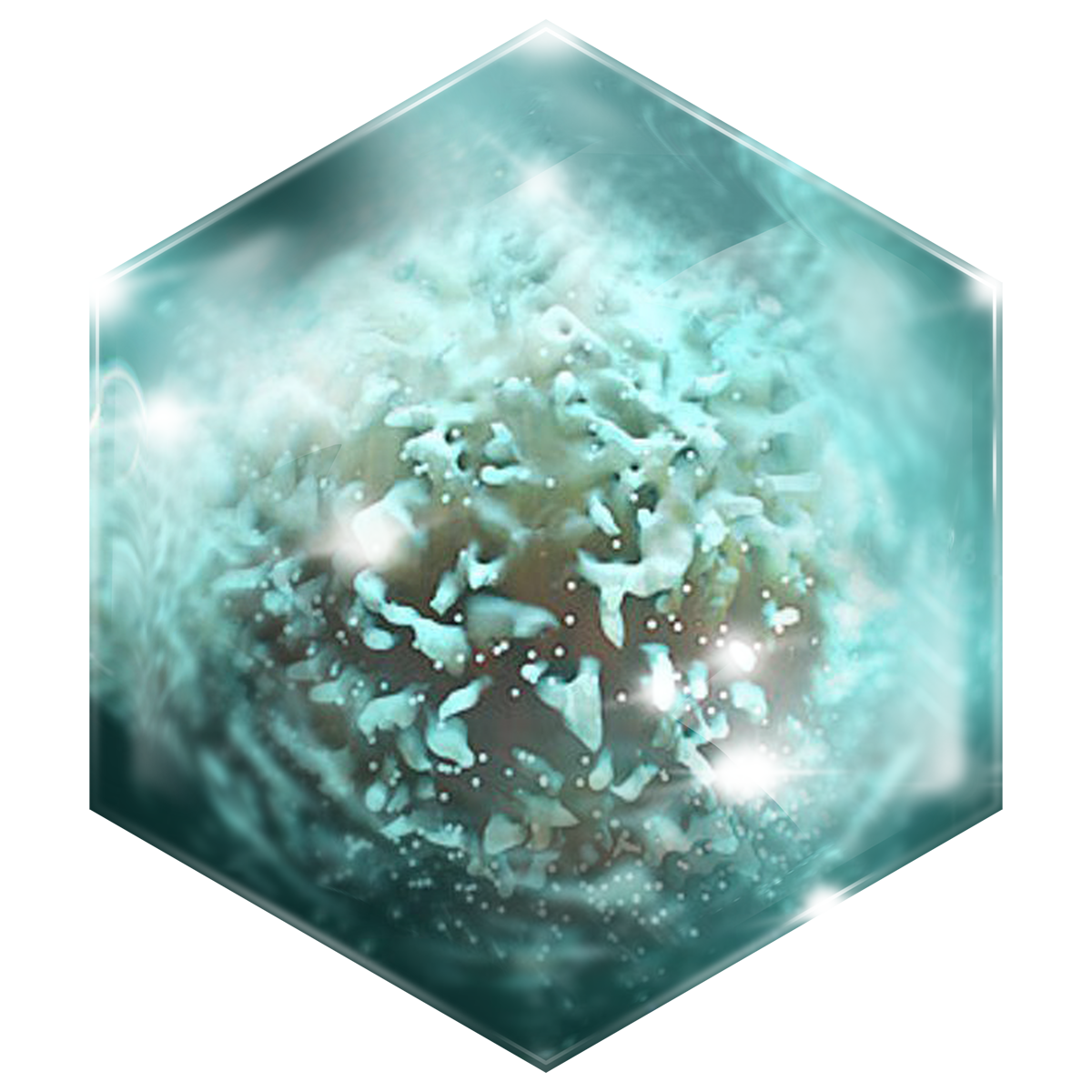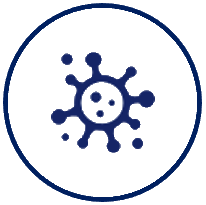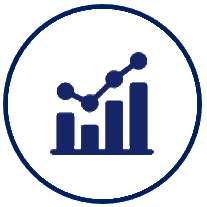Autoimmunity & Inflammation
P140 is a peptide discovered by Professor Sylviane Muller and licensed to the Company by our long standing collaboration partner, the Centre National de la Recherche Scientifique (“CNRS”).
Due to its “restorative” action on the immune system, P140 is a technology platform that can be applied across many autoimmune and inflammatory conditions. The Company is currently in clinical development of P140 for the treatment of SLE and CIDP.


*Phase 2/3 adaptive trial becomes a pivotal trial for filing
P140 (Lupuzor™) for SLE
Lupuzor™, (forigerimod or P140) has commenced an international, Phase 3, dose-range pivotal study for systemic lupus erythematosus (SLE).
P140 is a peptide technology platform that targets autoimmune diseases such as SLE. Like all autoimmune diseases there is currently no cure against SLE. There are 2 approved monoclonal antibody treatments that are prescribed, but in only 3% of SLE patients otherwise, treatments are mostly steroids. Overall, the treatments are mainly immunosuppressants which can have significant side effects.
P140 has the potential to be a new standard of care therapy for the treatment of SLE.
P140 binds to heat shock protein 8 (HSPA8), which is over-expressed in abnormal antigen presenting cells.
P140 “restores” the immune system back to normal, by enabling tolerogenic antigen presenting cells to function properly. P140 is not an immunosuppressant unlike other molecules in development.
P140 is extremely safe, well-tolerated and patient friendly, and potentially can be self-administered through a subcutaneous injection, once a month for SLE.
About Lupus

Systemic lupus erythematous (SLE) is a chronic, life-threatening autoimmune, inflammatory disease with a pattern of flares and remission. It can affect multiple organs such as skin, joints, kidneys, blood cells, heart and lungs.
About 50% of SLE patients develop Lupus nephritis : an inflammation of the kidney that is caused by SLE.

Treatment: Unmet market need due to the lack of safe and effective treatments. Current drugs have serious side-effects and limited effectiveness.

Market: Around 16 million people globally in the major markets suffer from Lupus (1.5 million SLE sufferers in the USA).
Peak sales potential >$10bn
P140 for CIDP
P140 (forigerimod) shows compelling pre-clinical data in Chronic Inflammatory Demyelinating Polyneuropathy (“CIDP”), a progressive inflammatory condition of the nerves.
P140’s efficacy has been proven in early pre-clinical models of CIDP.
A phase 2/3 adaptive trial is planned in 2024. Full FDA IND approval and orphan drug designation is expected and underway.
P140 offers the potential to:
- reduce the frequency of CIDP disease flares
- reduce the need for hospital IV IgG therapy
- simple auto-injection 1/month by patient at home
- reduce costs for patient and healthcare system
About CIDP

CIDP is neurological autoimmune disease targeting the nerves. Symptoms include: fatigue, areas of numbness, slow reflexes, weakness in arms and legs. It is characterized by a relapsing-remitting or progressive course caused by demyelination of nerves. Similar to but not the same as MS.

Treatment: Currently intravenous (IV) IgG is the only treatment available but does not change the course of the disease. It requires hospital visits every 4-6 weeks and a long IV duration of several hours.

Market: The prevalence of CIDP ranges from 0.7 to 10.3 cases per 100,000. There is a male predominance, with a gender rate ratio ranging from 1.5 to 4. CIDP primarily affects adults, and the incidence rises with advancing age. P140 could be granted ‘Orphan Drug Designation’ and fast track approval.
Peak sales potential >$1bn annually
P140 - Other indications
A number of additional autoimmune-related indications have been identified within the P140 platform. They all share the same common cause at the mechanistic level of the cell. Pre-clinical studies have now confirmed P140 activity in asthma (acute and chronic), gout, periodontitis and IBD. There have been no new significant drug classes addressing these indications for many years.
What next?...
ImmuPharma has built up invaluable scientific knowledge by developing a peptide compound which can potentially treat a range of auto-immune diseases. Building on this experience, we are developing a new active peptide, targeting specific autoimmune pathologies. This new research programme is perfectly aligned with our strategic priorities. It’s a very exciting project that should create further opportunities for the company.